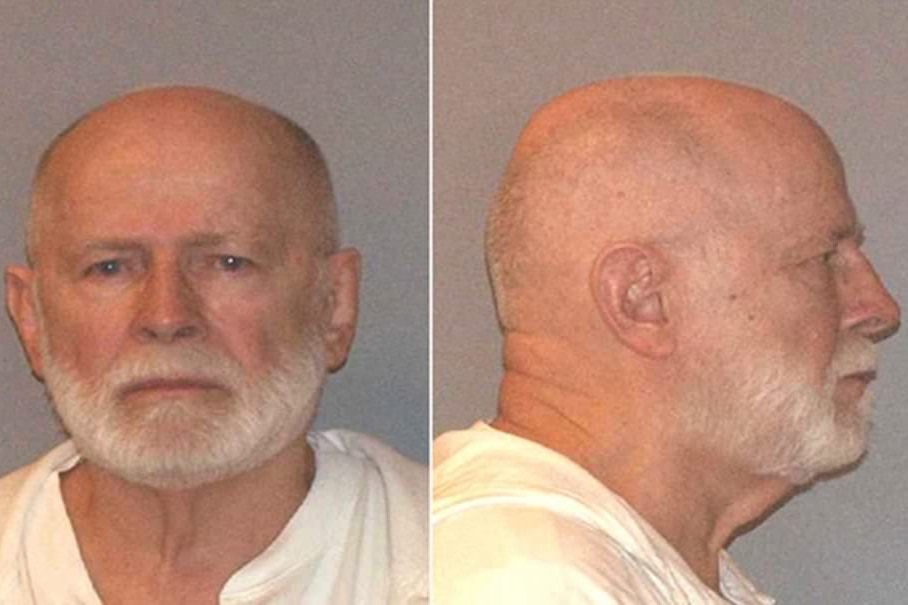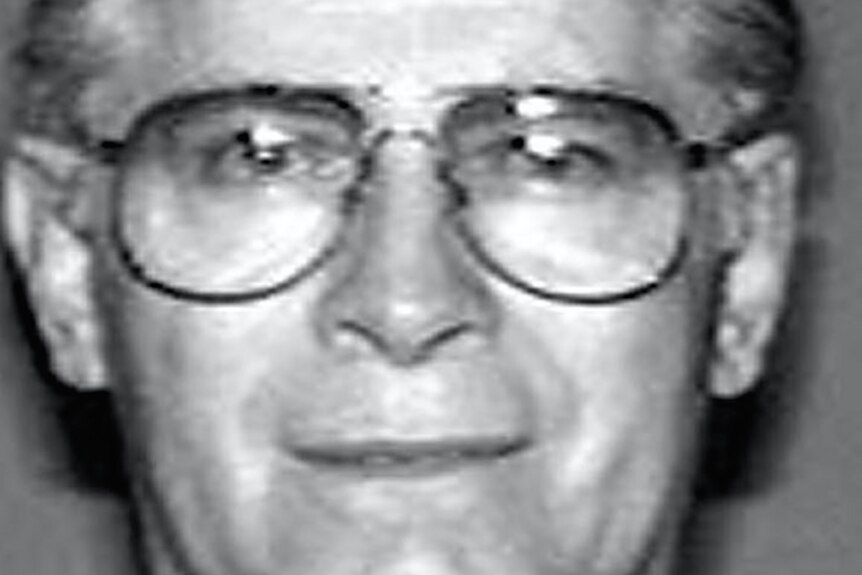Create a free profile to get unlimited access to exclusive videos, breaking news, sweepstakes, and more!
Inmate Accused In 'Whitey' Bulger's Prison Murder Claims His Innocence Amid 2 Years In Solitary Confinement
“I told the feds if I had something to tell them, I would,” said Sean McKinnon, who has spent more than two years in solitary confinement following the prison murder of James ‘Whitey’ Bulger.

A federal inmate suspected in the 2018 prison killing of James "Whitey" Bulger, who has now spent more than two years in solitary confinement, says he’s innocent in a new prison interview.
Sean McKinnon, 35, who’s incarcerated at Hazelton federal prison in West Virginia, insists officials are wrong in punishing him for the infamous Boston crime boss’ slaying.
“I told the feds if I had something to tell them, I would,” McKinnon said in a prison telephone interview with NBC News. “I know nothing. I’m an innocent man.”
Bulger, who was a longtime FBI informant, was killed hours after arriving at Hazelton federal prison in West Virginia more than two years ago, according to the Boston Globe. His badly beaten body was found in his cell in the early morning hours of Oct. 30, 2018. The 89-year-old was bludgeoned to death by a padlock inside a sock.
McKinnon said he was perplexed — and was offered zero explanation — when corrections staff stormed his cell on the day of Bulger’s killing. He claimed he was questioned by FBI agents immediately after Bulger’s death. They later collected a DNA sample from him but haven’t been in touch with McKinnon since, he told the network.
“I was sitting around watching the news that morning,” he said. “I went to breakfast, came back. All of a sudden, they ran in our room and said, ‘Cuff up’... “Ever since then, it’s been the same thing.”
McKinnon, who spent roughly the first year of his solitary confinement alone, said he now has a cellmate. Otherwise, as he explained, he’s been completely distanced from the prison’s general population. He said he’s authorized to make a single phone call per month.
McKinnon is now demanding a hearing to determine why he’s being punished. Earlier this year, he filed a grievance with the prison to have his case heard.
“I have had my basic comfort privileges denied and forced to endure the cruel and inhuman living conditions in the [special housing unit], without cause,” he wrote in the petition.
This request was ultimately denied by the facility’s warden, Rich Hudgins, according to NBC News.
The Bureau of Prisons, citing “privacy, safety and security concerns,” declined to comment on the ongoing investigation into Bulger’s murder or anything involving McKinnon. Bulger's family has previously sued over the prison's handling of his death.
Four inmates, including McKinnon, were placed into solitary confinement after Bulger’s killing. However, more than two and half years after the former crime boss' death, no charges have been filed.
Paul DeCologero, now McKinnon’s cellmate, as well as Felix Wilson, who bunked with Bulger, are also accused of his murder.
Former New England mafia hitman Fotios “Freddy” Geas, who lawyers said despised “anyone who was a rat,” is the fourth person of interest in Bulger’s killing. Geas is also reportedly in solitary confinement at Hazleton. His family has previously denied the allegations.
McKinnon is serving an eight-year sentence on gun charges.
The U.S. Attorney's Office in the Northern District of West Virginia and the FBI were originally tasked with investigating Bulger’s prison murder. In the years following his death, a number of corrections workers expressed dismay that no arrests had been made.
Legal analysts noted that prison homicide investigations are notoriously slow-moving — sometimes intentionally.
“My guess is the federal prosecutors are just like, ‘What’s the hurry?” a former three-time prison warden, Cameron Lindsay, told NBC News. “These guys aren’t going anywhere anyway. “That’s the only thing I can hypothesize. Other than that, it doesn’t make sense.”
Other experts said the ongoing coronavirus pandemic may have also delayed the investigation.
“That strategy is more effective for people who aren’t already incarcerated because they obviously have a lot more to lose and would be more willing to take the bait,” ex-FBI agent Bryanna Fox said.























